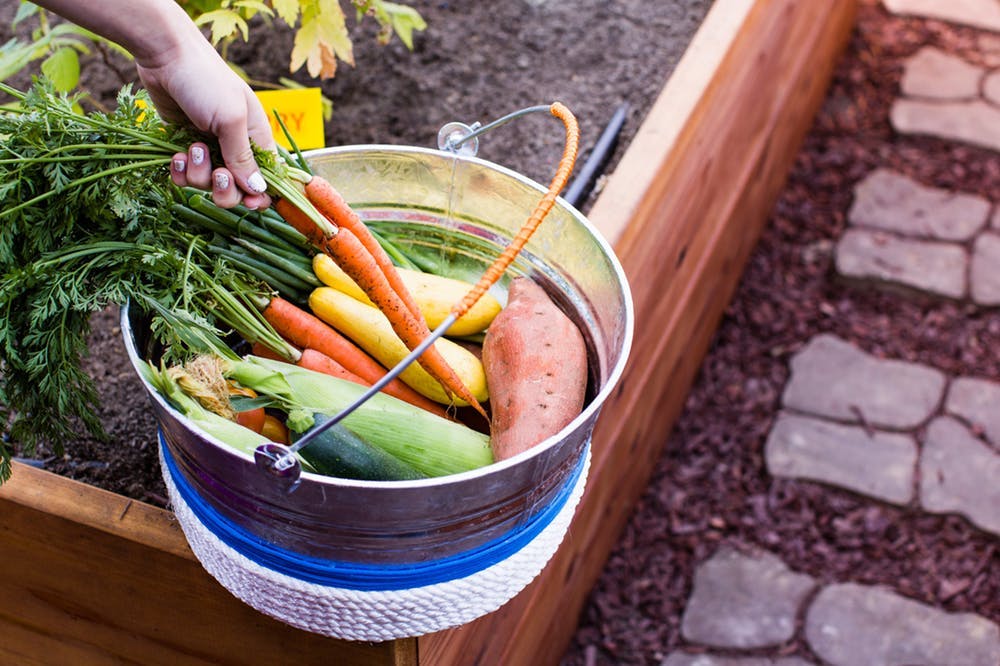
Whether or not organic food is better for you is a hotly debated subject. Is the extra money we spend actually worth it? The general consensus seems to be, essentially, “Yes, but only sometimes.” We spoke to a few experts to see how you can best work organic into your budget without spending a fortune.
Packaged, processed foods are one example of how organic food may not be better for you. Junk foods like ice cream, pizza, and French fries can be made with organic ingredients. “Buying something organic does not necessarily mean buying healthy,” says Colin Zhu, DO. “At the end of the day, ‘organic’ is just a label.”
That label can sometimes hike up the price on certain items, and figuring out when it’s worth splurging can be confusing. Katrina Trisko, MS, RDN, CDN, a registered dietitian based in NYC, says that your best bet is to consider organic on an “individualized basis.” This means that not every item you put in your cart needs to be organic in order for you to get the most nutrients.
What matters above all is that you’re getting the most servings of fruits and vegetables that you can, whether they’re conventional or organic. “If you want the healthiest option, don’t get caught up if whether or not your veggie or fruit is organic,” says Amanda Sauceda MS, RDN,CLT. “Eating your fruits and veggies is more important than the label.”
When it comes to the most cost-effective option for eating well, there are work-arounds to simply buying organic food that are just as environmentally friendly and fresh.
Grow your own produce or join a community garden. “It’s expensive to buy organic, but it’s not expensive to grow organic,” says Zhu. Joining a community garden can be a great way to not only get tasty, organic produce on the cheap, but you’ll be contributing to the bigger picture of health in your neighborhood. “I have to vouch for homegrown tomatoes, because they taste a million times better than anything in the store,” says Sauceda. If you’re not ready to commit to an entire garden, community or otherwise, start with an herb box for your kitchen. You can have fresh, organic herbs for all your cooking right in the window, and it’s a low-risk way to test out your green thumb.
Shop local. “In terms of cost, you also have to pay attention to food mileage,” says Zhu, who points out that the farther a food has to travel out of the soil or off the vine, the lower the nutritional value becomes. Even if it doesn’t have an organic sticker on it, your fruits and veggies that came from a farm an hour away versus a farm across the country are going to be better for you.
Follow The Dirty Dozen. If you’re really passionate about buying organic produce, follow the Environmental Working Group’s (EWG) Dirty Dozen guide. The EWG lists the 12 produce items that generally have the highest amount of pesticides in them and would therefore be the most beneficial if bought organically. Strawberries are currently number one, and potatoes are number 12. Basically, if it has an outer peel or thick skin that you’ll remove, you don’t really need the organic sticker. Produce that you eat whole, skins and all, could be more beneficial if bought organic.


